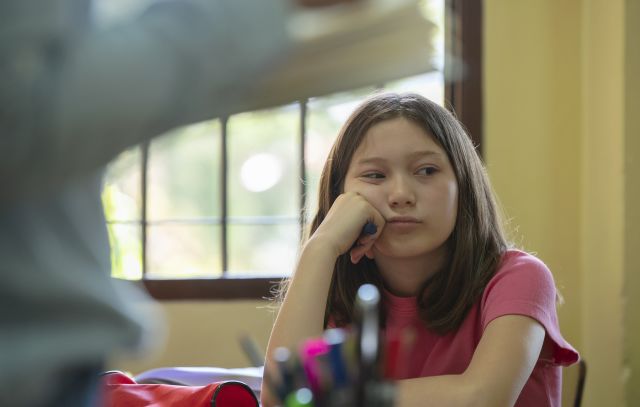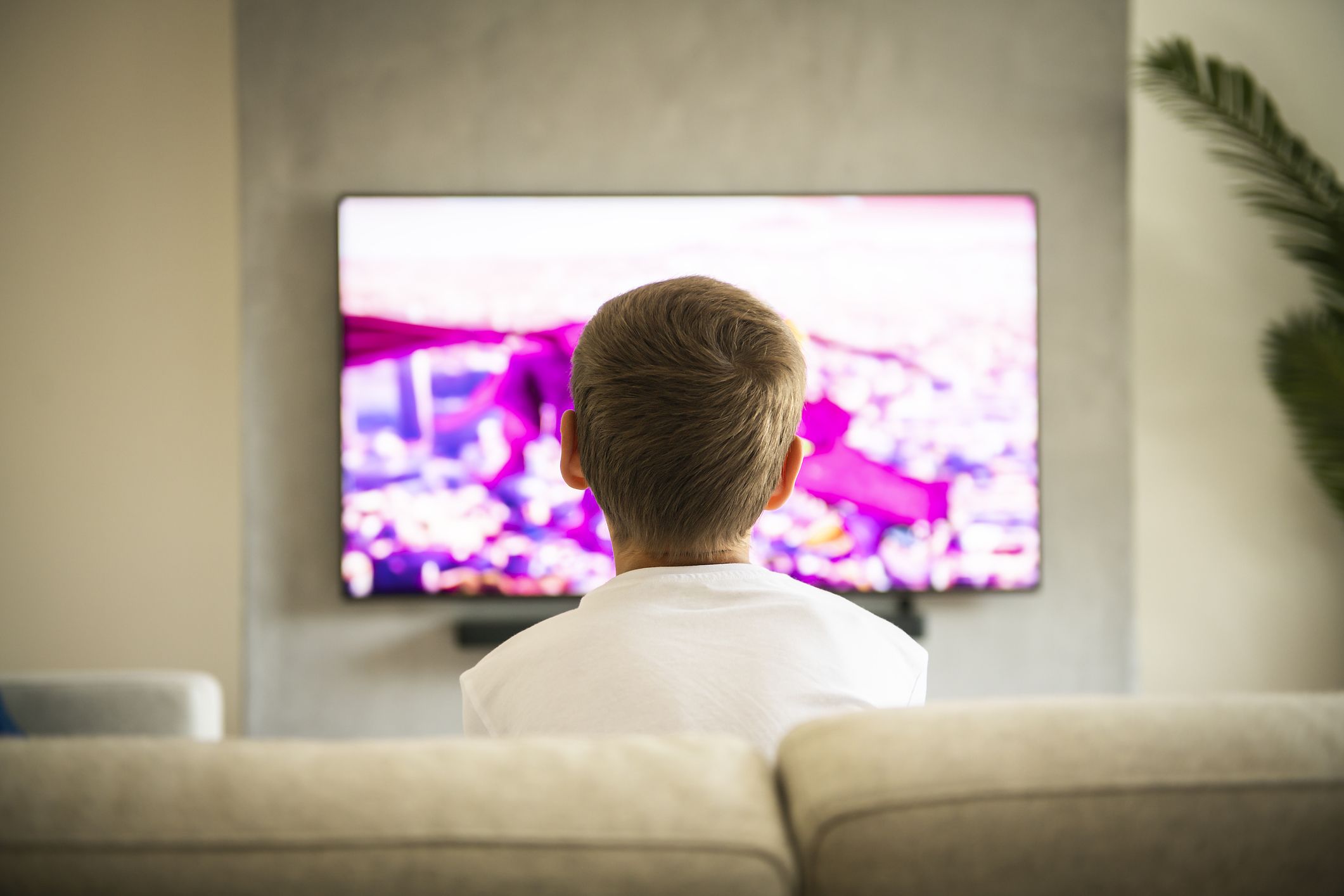Updated on September 5, 2024
Between 2016-2019, the most recent years for which we have data, attention deficit/hyperactivity disorder (ADHD) was the most commonly diagnosed behavioral condition in children. According to the Centers for Disease Control and Prevention (CDC), nearly 11.4 percent of children ages three to 17 have been diagnosed with ADHD.
Diagnosis rates have increased, too. About one million more children had ever received a diagnosis of ADHD in 2022 compared to 2016, according to the CDC . It’s hard to be sure of the reasons behind this rise, but it may be partly caused by the fact that the criteria for diagnosing ADHD have changed over the years.
And a rise in diagnoses doesn’t necessarily mean more children have ADHD than before. Instead, it might mean that as time goes by, we’ve gotten better at screening and recognizing ADHD.
To get a clearer understanding of how ADHD manifests in children, it’s helpful to first understand the condition itself.
What is ADHD?
ADHD is a neurodevelopmental difference. People with ADHD have differences in their brains, neurotransmitters, and nerves compared with people who don’t have ADHD. These differences make it harder for a person with ADHD to manage their own behavior, thoughts, moods, attention, activity level, or organization level.
The condition can vary from mild to severe, and it presents in four main ways: through inattention, hyperactivity/impulsivity, both, or “unspecified” – an umbrella term used when the other types don’t quite describe a child’s symptoms.
ADHD tends to be more commonly diagnosed in boys than in girls; however, this is likely only because it’s easier to diagnose boys, who often show more obvious symptoms. A chronic condition that begins in childhood, ADHD is sometimes not diagnosed until adulthood.
Fortunately, when it’s diagnosed early in life, there's a great deal that parents, teachers, family members, and healthcare providers (HCPs) can do to help kids adjust and work with ADHD so they can grow and thrive in school, relationships, and other areas of their lives. Early diagnosis and treatment can help ensure their adulthoods have fewer complications from ADHD as well.
How to spot ADHD symptoms in children
What does ADHD in kids look like? When gathering information to make a diagnosis, an HCP will look for symptoms that fall into the following two main behavior patterns. Keep in mind that it's typical for any young child to display some of these behaviors from time to time, which makes diagnosing ADHD tricky.
Pattern 1: Inattention
What to watch for:
- They often make careless mistakes with schoolwork on topics they understand.
- The child has difficulty staying focused on a lesson, a show, a story, or a game.
- You have to repeat instructions and re-explain yourself often. The child seems to have trouble processing new information.
- They seem to be in their own world, not tuned in to what's going on.
- Their interest in activities is short-lived, and they get bored quickly.
- They’re easily distracted by anything and everything.
- They have a tendency to lose things, like their jacket, backpack, or lunch box.
- The child requires constant reminders to finish homework assignments or chores.
- They have difficulty finishing school assignments and projects that require sustained concentration.
Pattern 2: Hyperactivity-Impulsivity
What to watch for:
- The child is fidgety and has trouble sitting still, particularly when trying to read or do focused activities.
- They rarely play quietly by themselves for long.
- They’re a constant narrator, always talking.
- They spring into action at inappropriate times or places, such as running in stores and climbing on furniture.
- They have trouble waiting their turn in an activity or conversation.
- They frequently blurt out answers to questions before the question is finished.
Most HCPs and specialists recognize three main subtypes of ADHD, categorized by the main type(s) of symptoms displayed:
- Inattentive-type ADHD: Inattention symptoms listed above interfere with a child’s daily functioning, mainly their ability to pay attention, follow instructions, remember details, and complete assignments and other tasks.
- Hyperactive/impulsive-type ADHD: In these cases, children have a combination of hyperactivity and impulsivity. This may involve having trouble sitting still, engaging in bursts of activity, and being impatient. Impulsive tendencies may make them more reckless and more prone to accidents and injuries.
- Combined-type ADHD: This is the most common type of ADHD. It is diagnosed when a mix of all the three types of symptoms interfere with a child’s ability to function.
Kids just being kids?
The behaviors described above might just sound like kid behaviors, and to a certain extent, they are. It's typical for children to daydream from time to time or to act out inappropriately now and then. It’s expected for a developing young child to occasionally behave this way when they’re just starting to take on more adult behavior and social skills. But at what point can you start to tell whether these behaviors are not typical for a young child?
How to tell whether it's really ADHD
The short answer is that in kids with ADHD, these behaviors are more extreme, frequent, and persistent. The behaviors noticeably interfere with their relationships and their ability to learn, build relationships, and develop.
But the best way to know whether your child has ADHD is to seek professional guidance. Once you reach out to your child’s HCP, they can help you evaluate your child’s symptoms.
The diagnostic process
Your child’s HCP will begin by asking you careful questions about the child’s symptoms, as well as their medical history and your family’s medical history. They’ll speak with your child and give them a physical examination. They may also communicate with other people who care for your child, like school staff or mental health providers.
The HCP will document and rate each symptom, then compare them with the criteria for the diagnosis. They’ll check to see if other conditions might be causing the same symptoms, and they’ll also look into whether your child is experiencing conditions that commonly co-exist with ADHD, like depression, learning disorders, or sleep disorders.
Kids can be diagnosed between ages 4 to 18, but the average age of diagnosis is age 7. If your child has shown symptoms of ADHD on a regular basis for at least 6 months, talk with your child’s HCP. It’s important to ensure your child receives the support they need as early as possible to give them the best chance for a healthy life successfully managing their ADHD.






